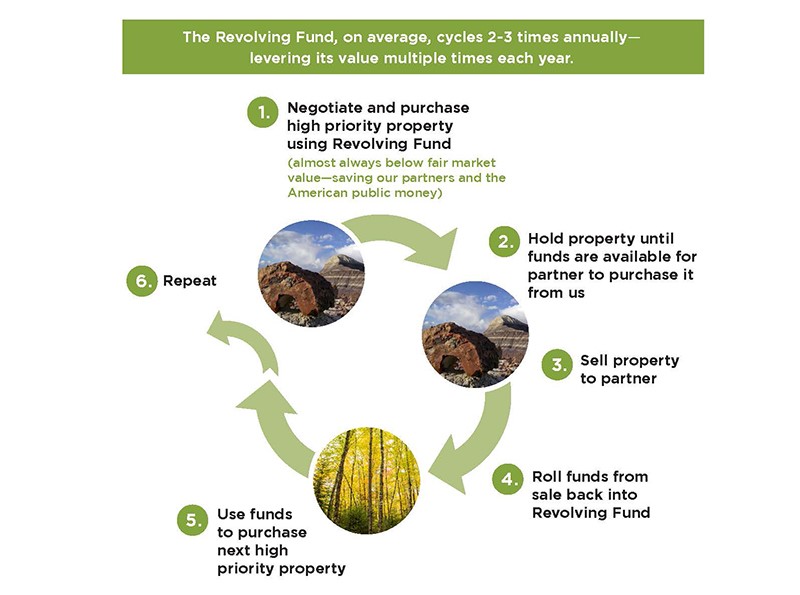Local Colleges and Universities Commit to Carbon Neutrality
By: Sydney Hulebak, WoodLeaf Partners
February 28, 2020
From February 23rd to 25th, the Intentional Endowments Network (IEN) hosted its annual Higher Education Climate Leadership Summit in partnership with Second Nature in Atlanta.
IEN is a peer learning network of colleges, universities, and other mission-driven institutional investors working together to achieve their risk and return objectives through investment actions that create a thriving, sustainable economy. They have nearly 160 network members including endowments, asset managers, investment consultants, nonprofit partners and individuals.
This broad-based, collaborative network focuses on creating:
- Intentionally designed endowments, aligned with institutional mission, that will become the norm in higher education and other tax-exempt organizations, evidenced by growth in policies, practices and actions.
- Improved sustainability performance by businesses in response to investor concerns, evidenced by changes in corporate practices and actions.
The Higher Education Climate Leadership Summit is the premier gathering of a select group of higher education leaders committed to driving our nation’s climate action. As the world looks to 2020 to update emissions reductions targets under the Paris Climate Agreement, the Summit stood as an opportunity for the higher education sector to take stock of its own progress and explore ways to scale local climate leadership to meet the global goals by working across institutions and across sectors.
At the 2020 Summit, Georgia institutions shared their successes:
- Committed to being “the little engine that could” of sustainability, Agnes Scott College, led by the Executive Director of the Center for Sustainability Susan Kidd, has achieved several milestones. They opened the first LEED-certified building in Decatur and implemented single-stream recycling and composting, taking waste diversion rates from 24% in 2008 to 75% in 2012. Agnes Scott is a national pioneer in creating Green Revolving Funds through donor support, and was the only non-profit in Georgia to install a solar array through Georgia Power’s Advanced Solar Initiative.
- Emory University, led by Director of Sustainability Initiatives Ciannat Howett, is creating a culture of sustainability, and it shows. Since 2005, Emory has reduced its energy use by over 25% per square foot, saving over $25 million. 40% of the food served in Emory Dining locations is sourced locally and/or sustainably. Emory’s Cliff shuttle system transports millions of riders annually using biofuel from recycled cooking oil, and the WaterHub continues to win awards for its water conservation and recycling.
Both schools set goals to become carbon neutral in the next 30 years and both are considering the carbon footprint associated with their growing campuses. With the knowledge that buildings are responsible for 40% of global CO2 emissions, Emory announced that all of their new construction will be carbon neutral by 2025.
As institutions that put people first – their current and future students, alumni, faculty, researchers, staff, neighbors, and partners – colleges and universities in Georgia and beyond are well placed to accelerate a just transition to a carbon-free economy and healthy, sustainable society. The 2020 Higher Education Climate Leadership Summit was able to fuel that acceleration by fostering conversations and networks of climate action.
###


 The Conservation Fund
The Conservation Fund